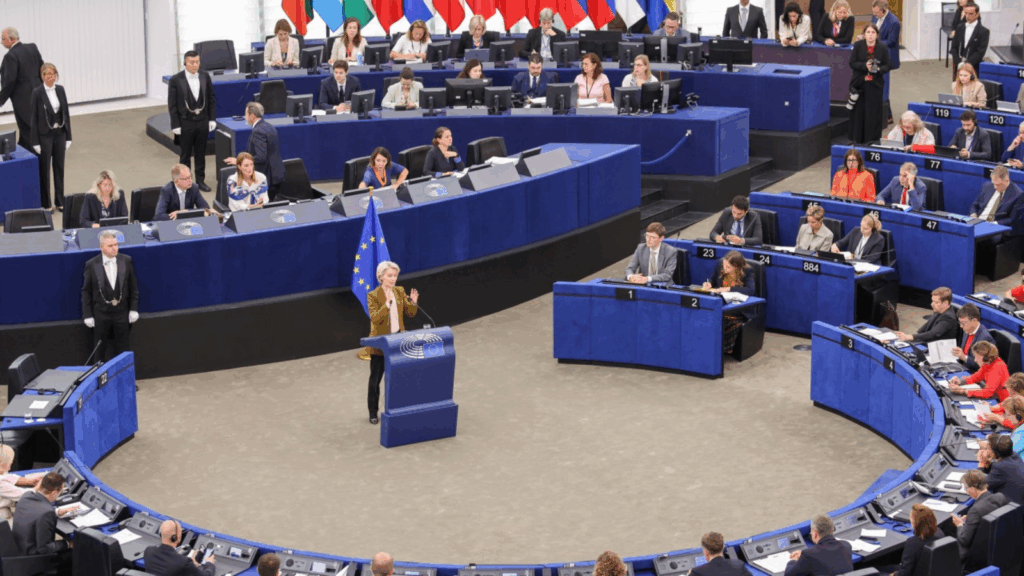The European Council adopted at the start of the year the Recommendation on minimum income to combat poverty and social exclusion in line with the European Pillar of Social Rights. This article explores the significance of minimum income schemes, the current state in EU member states, and the key points of the Council Recommendation.
Minimum income benefits are cash payments provided to households in need to ensure a decent standard of living. Unlike minimum wages, minimum income benefits are means-tested and not tied to employment history. It’s important to differentiate minimum income from Universal Basic Income, as it is targeted based on individual need.
Adequate minimum income schemes are crucial in reducing inequality and poverty and act as automatic stabilizers. They serve as a foundation for social safety nets, enabling individuals to participate in economic and social life. Additionally, they can improve inclusion and employment prospects.
Despite all EU member states having some form of minimum income scheme, many fall short of adequacy, leaving a significant portion of the population at risk of poverty without coverage. Most national minimum income benefits are below poverty thresholds, varying from 20% to 80% of the national median income.
The Council Recommendation on minimum income aims to combat poverty and social exclusion by promoting adequate income support, access to essential services, and labour market integration. Member States are urged to enhance adequacy and accessibility of their existing schemes. The recommendation includes measures such as developing robust social safety nets, setting transparent income support levels, safeguarding incentives for labour market integration, ensuring comprehensive coverage, addressing non-take-up of benefits, facilitating access to inclusive labour markets, and ensuring continuity of essential services.
While acknowledging the Council Recommendation as a positive step, it is essential to address concerns regarding the absence of a robust rights-based approach and the lack of automatic indexation of benefits. Although we appreciate the efforts made, we advocate for the implementation of a binding EU framework Directive on minimum income. By doing so, we aim to establish income support schemes that are both non-discriminatory and accessible, while adhering to common standards of adequacy. This would ensure that all individuals have equal access to essential support and a dignified standard of living.
Click here and find out more about the Council Recommendation and how can you affect change at national level.



